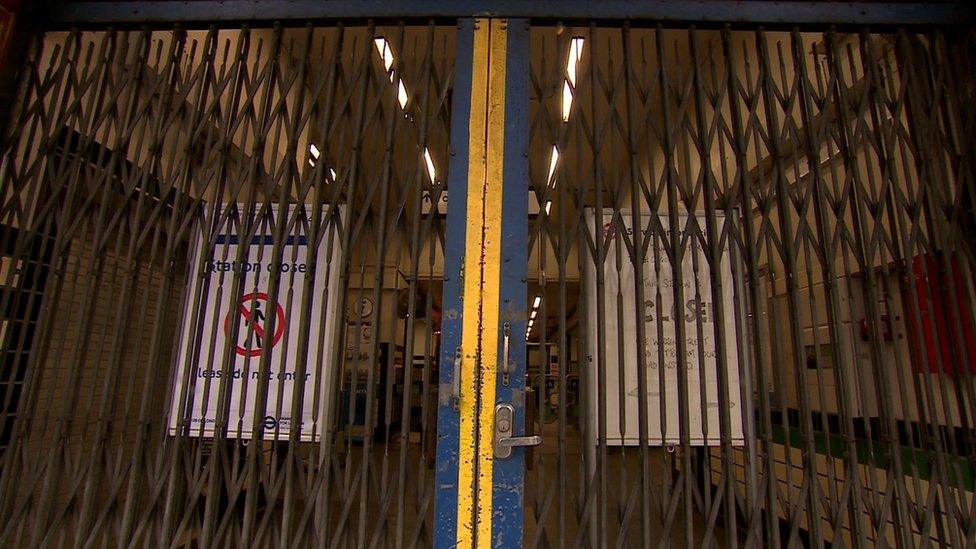PM: We can 'turn the tide' on coronavirus crisis
- Published
- comments
Boris Johnson: "This is going to be finite - we will turn the tide around and see how to do it, within the next 12 weeks"
The UK can "turn the tide" on the coronavirus crisis within 12 weeks, Prime Minister Boris Johnson has said.
But pressed on what he meant by the three-month timescale, he said he did not know how long it would go on for.
He said trials on a vaccine were expected to begin within a month and warned he would "enforce" Londoners to be kept apart "if necessary".
Earlier, in a message to the nation, the Queen urged people to come together for the common good.
Speaking in Downing Street, Mr Johnson told reporters: "I believe that a combination of the measures that we're asking the public to take and better testing, scientific progress, will enable us to get on top of it within the next 12 weeks and turn the tide.
"I cannot stand here and tell you that by the end of June that we will be on the downward slope.
"It's possible but I simply can't say that that's for certain," he added.
"We don't know how long this thing will go on for. But what I can say is that this is going to be finite."
Earlier Sir Patrick Vallance, the UK's chief scientific officer, was also asked how long it would go on for.
"We are dealing with a brand new virus. We are dealing with learning as we go on and I think now to put absolute timelines on things is not possible."
In the press conference on Thursday evening, Mr Johnson ruled out closing down public transport in London but pointed out people in some parts of London were not following government guidance on social distancing and would be "enforced" to do so if necessary.
"I know how difficult it may be or it may seem right now, but if we do this together, we will save many, many thousands of lives," he added.
He also urged businesses to stand by their employees "because we will stand by you", adding that his chancellor would be making further announcements on Friday.
Later, Health Secretary Matt Hancock pledged to rush protective personal equipment (PPE) to frontline NHS staff and social care providers, following concern workers were being put at risk by shortages.
Speaking on BBC1's Question Time, Mr Hancock said the UK had shipped 2.6 million masks and 10,000 bottles of hand sanitiser in the last 24 hours.
He promised that "overnight 150 hospitals will get the next pack of protective equipment they need… every single hospital will get their next batch of equipment before Sunday night".
He also confirmed social care providers would get a package of personal protective equipment by the end of next week.
In response to a government appeal for more ventilator makers, 1,400 companies had offered to switch their operations to help manufacturer them, including Formula One, he said.
He added that officials would work with leading companies to radically increase the number of coronavirus tests, after the government pledged 25,000 tests per day within four weeks.
He also said the government has bought a test which can detect whether someone has had coronavirus - and their immunity to it.
The press conference came as Italy's death toll rose by 427 to 3,405, overtaking China's toll.
In the UK, 144 people with coronavirus have died, and 3,269 people have tested positive for it.

EASY STEPS: How to keep safe
A SIMPLE GUIDE: What are the symptoms?
GETTING READY: How prepared is the UK?
PUBLIC TRANSPORT: What's the risk?

Speaking alongside the PM, Prof Chris Whitty, the UK's chief medical adviser, warned there would be a "lag" before the public's efforts to stem the spread of the virus would slow down case numbers.
He said there would be a "global issue" in the supply of personal protective equipment (PPE), saying NHS workers were right to complain about the shortages.
In other developments across the globe:
The EU's chief Brexit negotiator Michel Barnier tests positive for the virus
Asian countries are seeing a second wave of infections from people returning home
UK Foreign Secretary Dominic Raab said a number of British nationals - estimated at about 400, were trapped in Peru because of restrictions imposed in the country
Confirmed cases worldwide have passed 220,000, while almost 9,000 people have died
The Cannes Film Festival, due to be held in May, is postponed
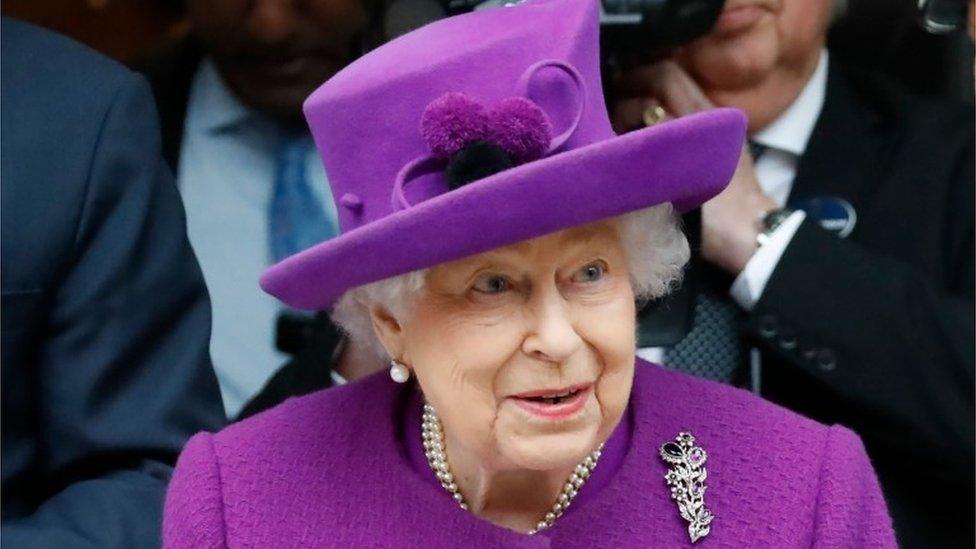
The Queen, who is now in Windsor Castle with the Duke of Edinburgh, said in her statement that the world was "entering a period of great uncertainty" and every individual had "a vitally important part to play".
"Many of us will need to find new ways of staying in touch with each other and making sure that loved ones are safe - I am certain we are up to that challenge," she added.
"You can be assured that my family and I stand ready to play our part."

Even if the tide starts to turn in 12 weeks and the number of cases starts to fall, then we will still be far from the end.
It can take a long time for the tide to go out.
It is clear the current strategy of shutting down large parts of society is not sustainable in the long-term.
But the coronavirus is not going to disappear.
For as long as large numbers of people in the UK have no immunity then cases will soar as soon as restrictions are lifted.
A vaccine would help, but that could be 18 months away.
If enough people are exposed and become immune then that would help too, however, this is likely to take even longer than a vaccine.
Efforts to rigorously test and then isolate anyone infected can help suppress the numbers of people infected. But this is what we were doing just a few weeks ago.
We may enter a period of restrictions being lifted and then re-imposed until a long-term solution is found.

From Friday, all schools in the UK will close their doors to nearly all pupils, except vulnerable ones and the children of key workers.
A full list of key workers, likely to include NHS workers, school staff and delivery drivers, is expected later.
In Wales, parents were told by education minister Kirsty Williams that schools may not reopen until September.
All summer exams in England, Wales and Scotland have been cancelled.
A level and GCSE exams in Northern Ireland will not go ahead this summer but pupils will get results, the education minister Peter Weir said.
In other developments in the UK:
The Bank of England has cut interest rates from 0.25% to 0.1% - the lowest level in their history.
The Football Association announces all professional football in England will suspended until at least 30 April, external
Britain's energy suppliers are to help vulnerable customers through the crisis. Measures will include customers who cannot afford their bills getting support from their supplier
Up to 40 underground stations will be shut on Thursday and a reduced service will run from Friday. Mayor Sadiq Khan told Londoners to avoid public transport "unless absolutely necessary"
- Published19 March 2020
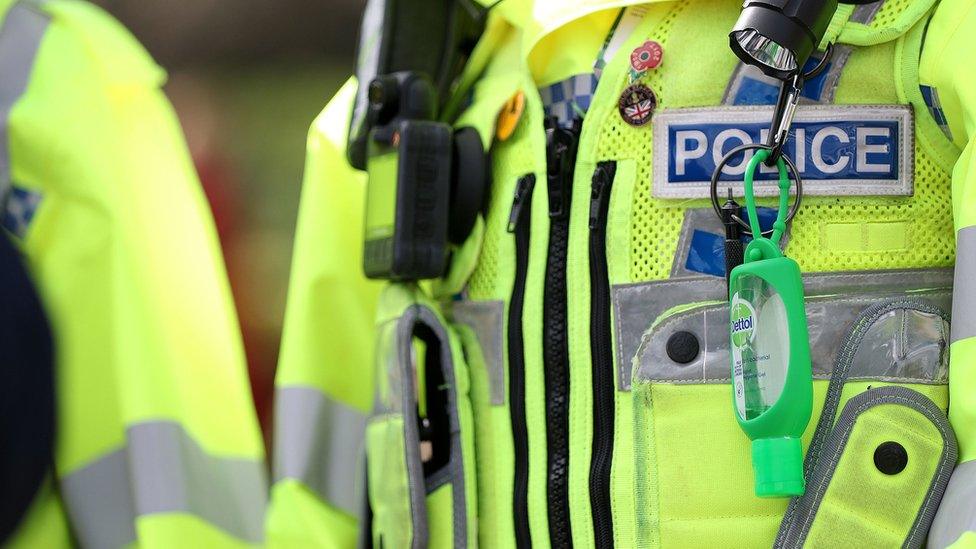
- Published19 March 2020
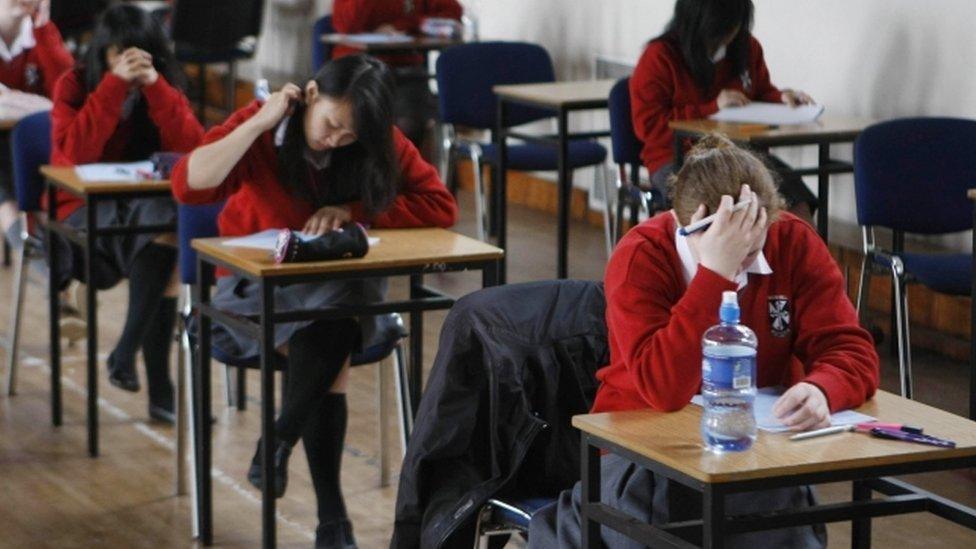
- Published19 March 2020
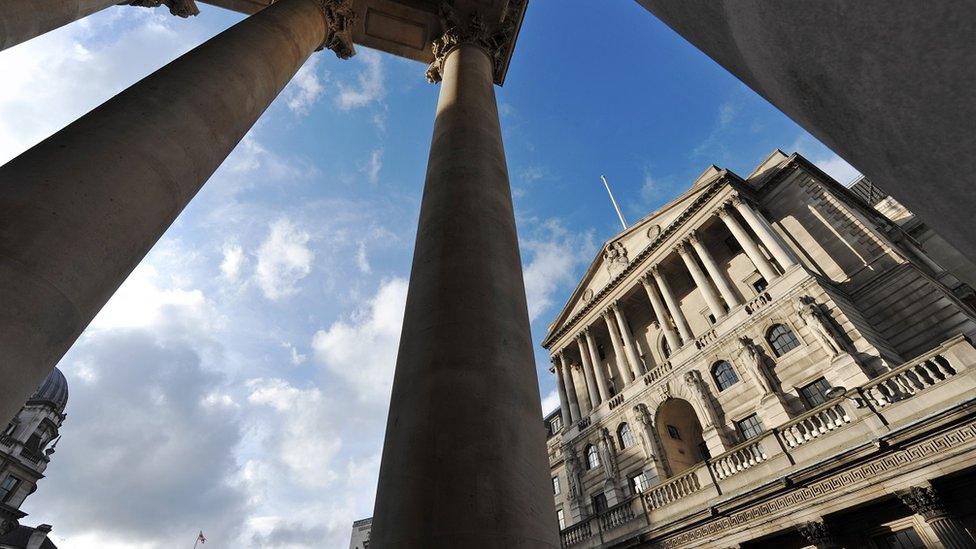
- Published19 March 2020
- Published19 March 2020
